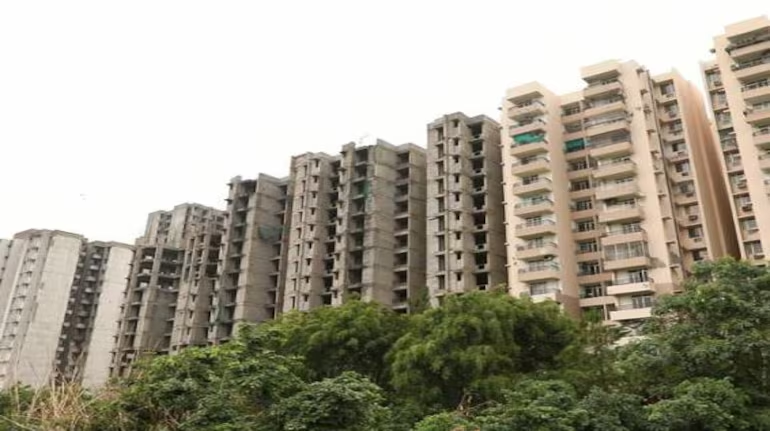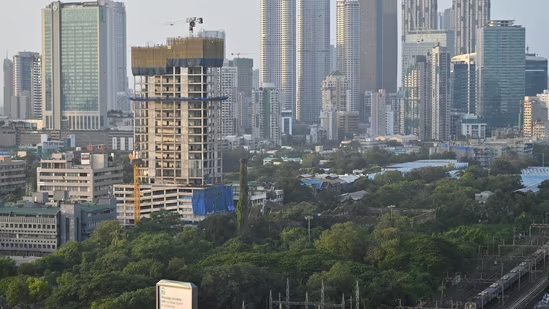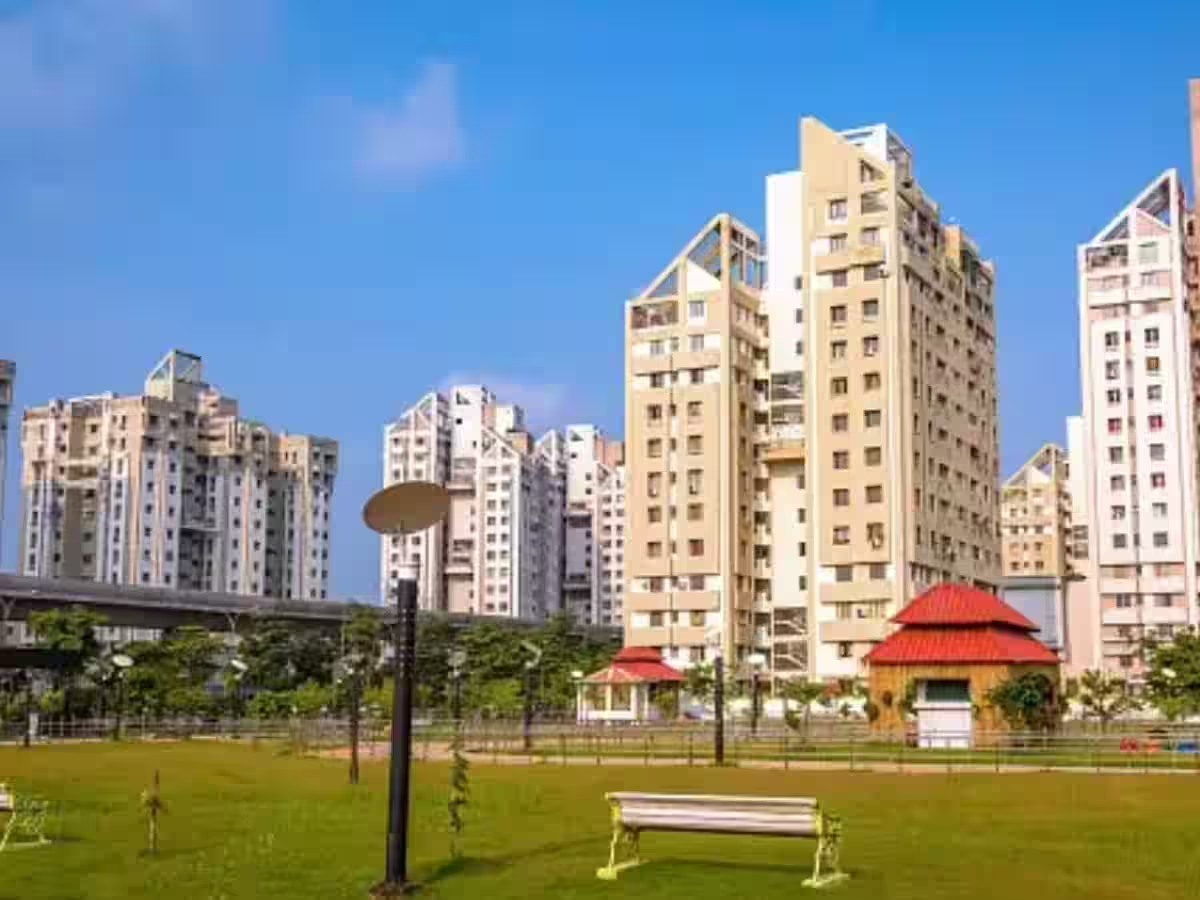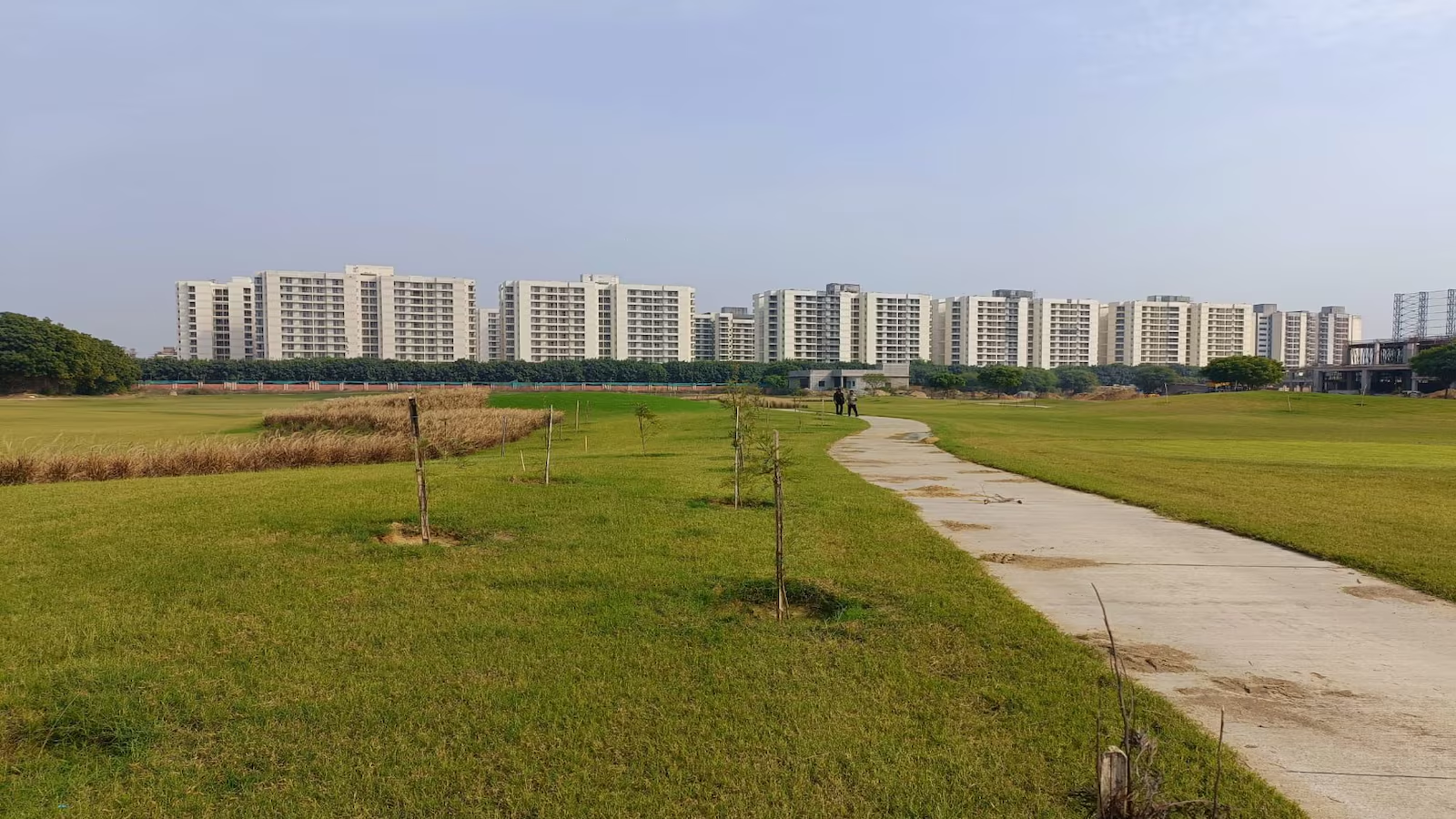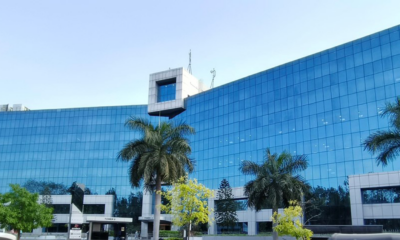Budget 2015-16
Realty sector indirect beneficiary: JLL India


The following is the analysis of the Union Budget 2015-16 by Anuj Puri, Chairman & Country Head, JLL India
In this year’s Budget, the Finance Minister has conveyed a message wherein the benefits lie only in the fine print. For the common man, though the cumulative savings implied by various provisions are stated to be to the tune of Rs. 4.44 lakh, this is assuming a certain magnitude of personal investments into pension funds and health insurance.
The Budget has not provided any additional relief via increased income tax deduction limit or on repayment of housing loans. The regime on these fronts which was announced during the previous Budget from eight months ago remains unchanged. This is a disappointment, since there was expectation that the Finance Minister would further increase either or both of these limits and thereby address the reality of high property prices in India.
The Budget is low on big bang reforms and real estate is only an indirect beneficiary at best:
• Smart Cities: The Budget did not provide any details on this initiative taken by the Government. Factors such as how it will define these cities and which cities have been identified remain unclear. However, increased allocations for rail-road development, penetration of education and training centres and towards the Digital India initiative could contribute to the shaping of Smart Cities in the country.
• GST: The Finance Minister has announced that GST will commence from the next financial year and has increased service tax and central excise duty as a preparatory measure for its deployment. This puts an end to the speculation on when GST would finally become a reality.
• REITs: The Finance Minister has said that he proposes to rationalise the capital gains regime for REITs, but has not given any specifics. This could mean that the sponsor of a REIT may get a one-time capital exemption in exchange for units, but this needs to be confirmed.
• Wealth Tax: Wealth tax has been eliminated and a new Super Rich tax has been put in place with an applicability limit of Rs. 1 crore, which is significantly higher than the erstwhile Rs. 30 lakh (in India, a major share of personal assets are in the form of real estate, particularly in the urban areas, where real estate prices are very high.) Effectively, this new measure implies that a lot of urban housing stock is out of the purview of the new Super Rich tax, and this is a relief for the common man. Only houses priced above Rs. 1 crore will now be taxable.
• Transparency: Incentivising usage of wired money rather than cash transactions has significant pertinence to real estate, which is one sector where cash transactions have been impacting transparency. Another boost to transparency in the real estate sector is the enhanced punitive measures which will now be taken on concealment of assets, including benami properties.
• Visa on Arrival: The visa on arrival programme has been increased to cover 150 countries from the previous 43, which will lead to a huge step forward for tourism in India. This is a huge plus for hospitality real estate and will also significantly amplify destination retail in the country.
-



 News3 weeks ago
News3 weeks agoKW Delhi 6 Mall Onboards New Brands
-



 News4 weeks ago
News4 weeks agoManasum Senior Living Launches IKIGAI GOA, A Senior Living Community in North Goa, in collaboration with Prescon Homes
-



 News2 weeks ago
News2 weeks agoGodrej Properties Sells Rs 3k cr+ Homes of Godrej Zenith, Gurugram, within 3 days
-



 News4 weeks ago
News4 weeks agoBridging India Divide: Top 5 Tier- 2 Cities to Focus On
-



 News3 weeks ago
News3 weeks agoCommercial Realty Gets Tech Savvy: Fast Construction, Enhanced Convenience
-



 News4 weeks ago
News4 weeks agoMultipoint Connection – A Definite Boon
-





 News3 weeks ago
News3 weeks agoRBI’s Status Quo on Key Policy Rates to Help Maintain the Real Estate Growth Momentum, Say Industry Stalwarts
-



 News1 week ago
News1 week agoOlive Announces Dhruv Kalro as Co-Founder







